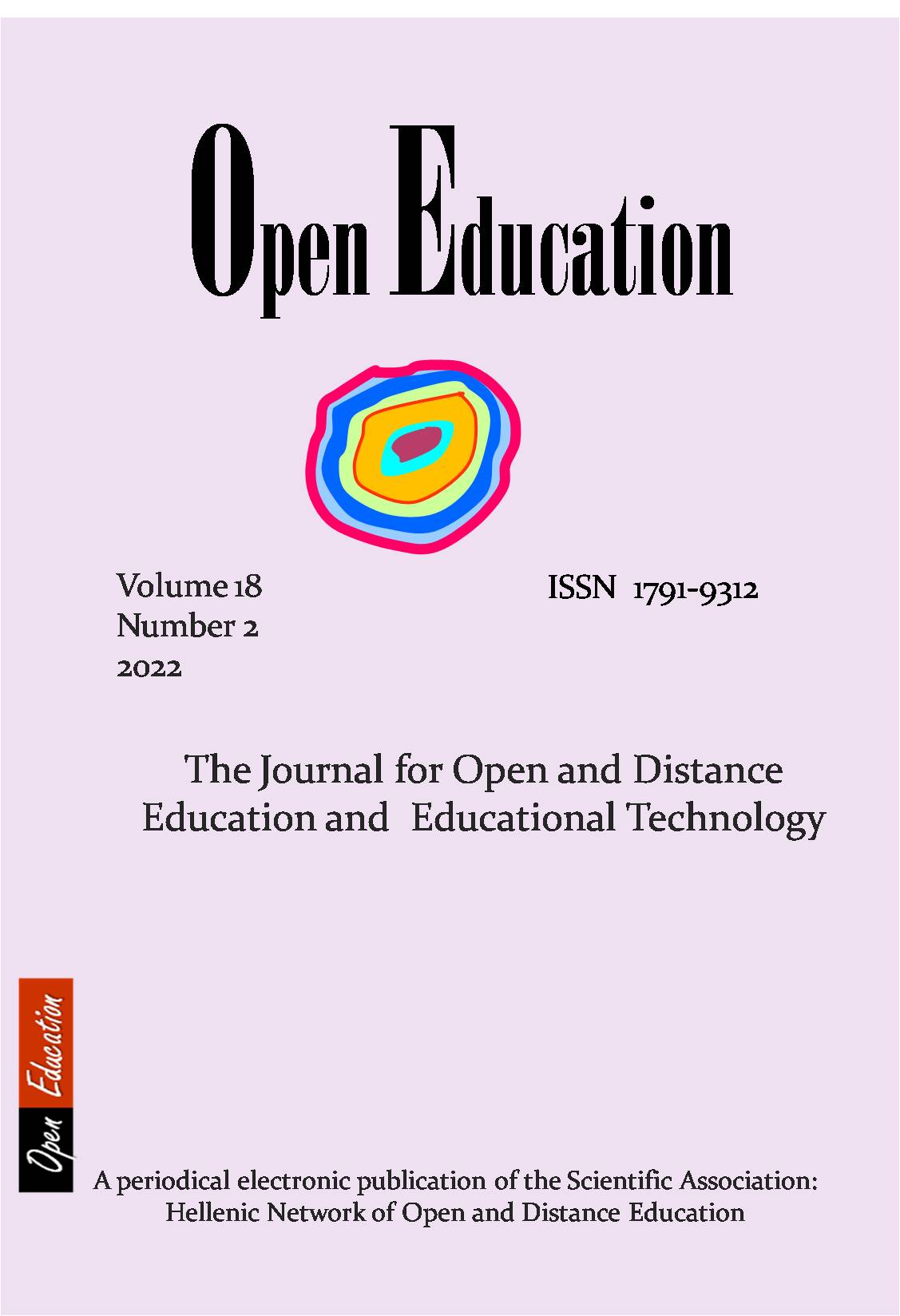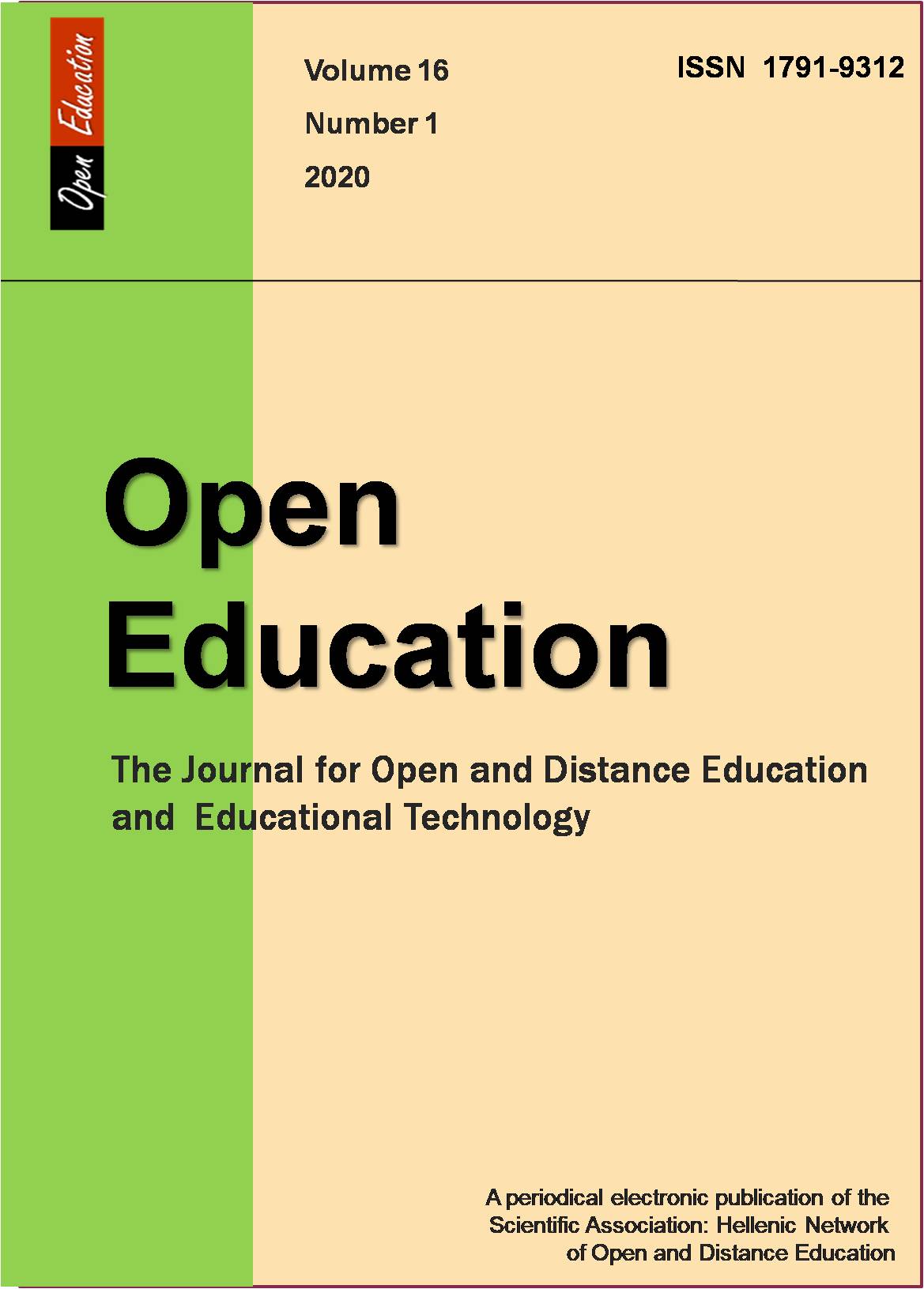Purposes for ICT usage and classroom activities in junior high schools: Evidence from teachers’ attitudes
Résumé
This paper investigated teachers’ attitudes-views regarding the purposes for ICT usage and classroom activities with ICT tools, in junior experimental high schools in Greece (students aged 12-15 years old). The participants were 56 teachers of different specializations and data were collected via an open-ended questionnaire. The major purposes reported include that these tools are attractive, they cause/increase students' interest and motivation, and the lessons become more enjoyable. Factors that affect when and how ICT will be used in classrooms mainly regard the time and resources availability and the number of students in class. A range of ICT tools-applications are used in different school subjects for the accomplishment of various learning activities such as information search, presentation of students’ work, discussions, communication, exercises and assessment. Implications include teacher professional development and elimination of obstacles for technology utilization (infrastructure, large number of students in class).
Article Details
- Comment citer
-
- Rubrique
- Μέρος πρώτο / Section 1

Ce travail est disponible sous licence Creative Commons Attribution - Pas d’Utilisation Commerciale - Partage dans les Mêmes Conditions 4.0 International.
Οι συγγραφείς των άρθρων που δημοσιεύονται στο περιοδικό διατηρούν τα δικαιώματα πνευματικής ιδιοκτησίας επί των άρθρων τους, δίνοντας στο περιοδικό το δικαίωμα της πρώτης δημοσίευσης. Άρθρα που δημοσιεύονται στο περιοδικό διατίθενται με άδεια Creative Commons 4.0 και σύμφωνα με την άδεια μπορούν να χρησιμοποιούνται ελεύθερα, με αναφορά στο/στη συγγραφέα και στην πρώτη δημοσίευση για μη κερδοσκοπικούς σκοπούς και με δικαίωμα τροποποίησης μόνον με παρόμοια διανομή (αν αναμείξετε, τροποποιήσετε, ή δημιουργήσετε πάνω στο υλικό, πρέπει να διανείμετε τις δικές σας συνεισφορές υπό την ίδια άδεια όπως και το πρωτότυπο).



